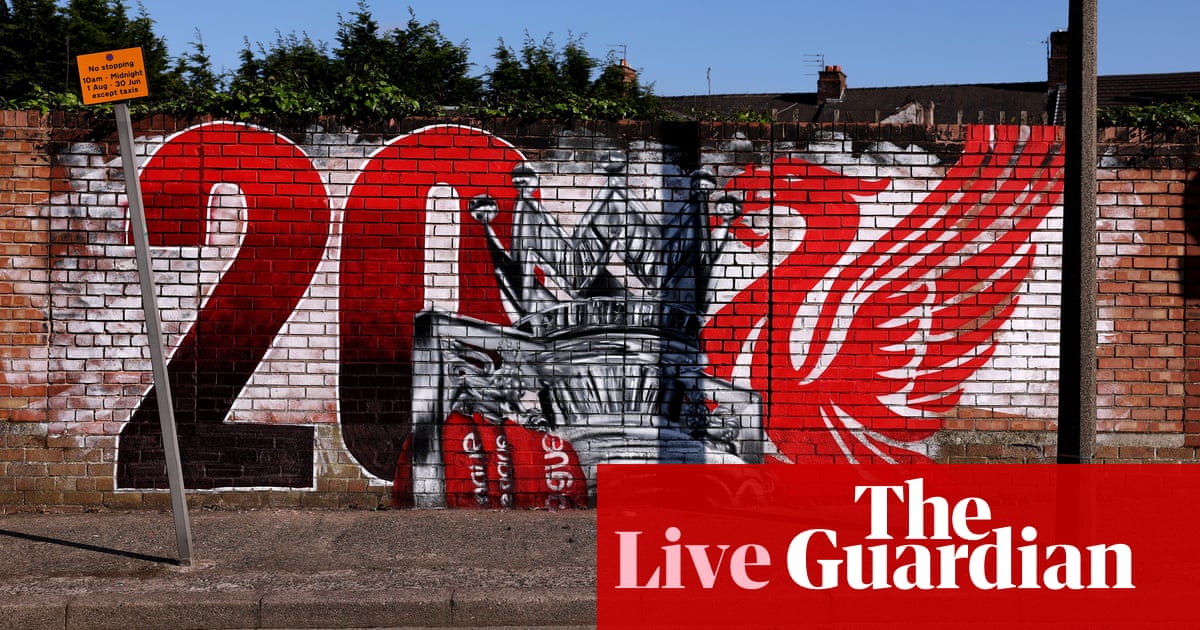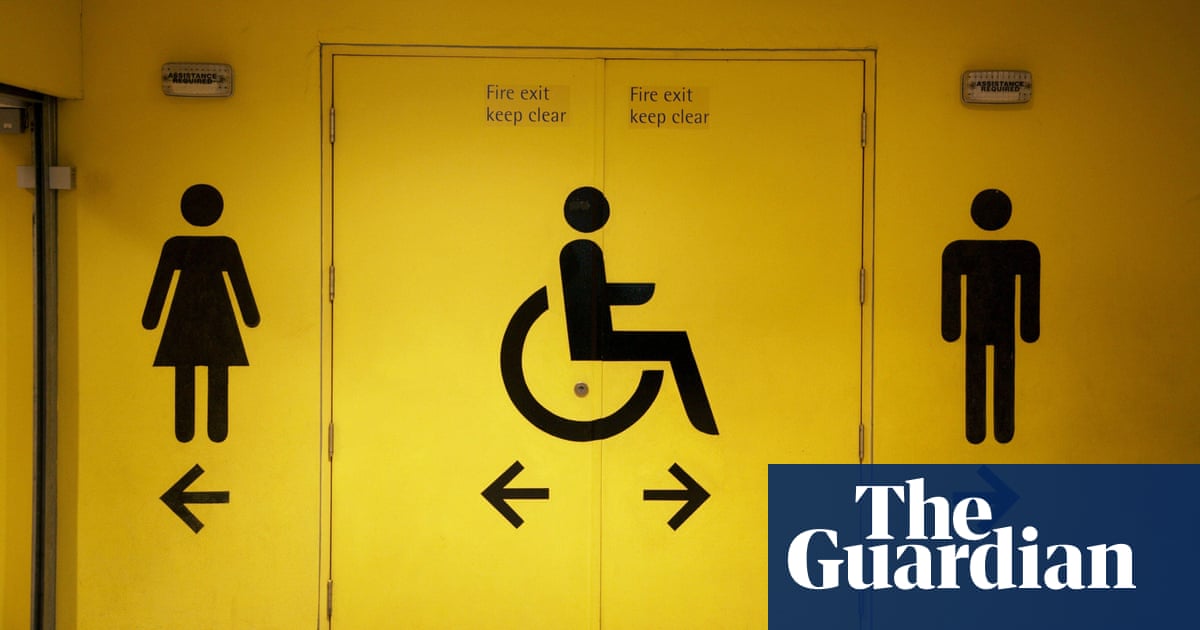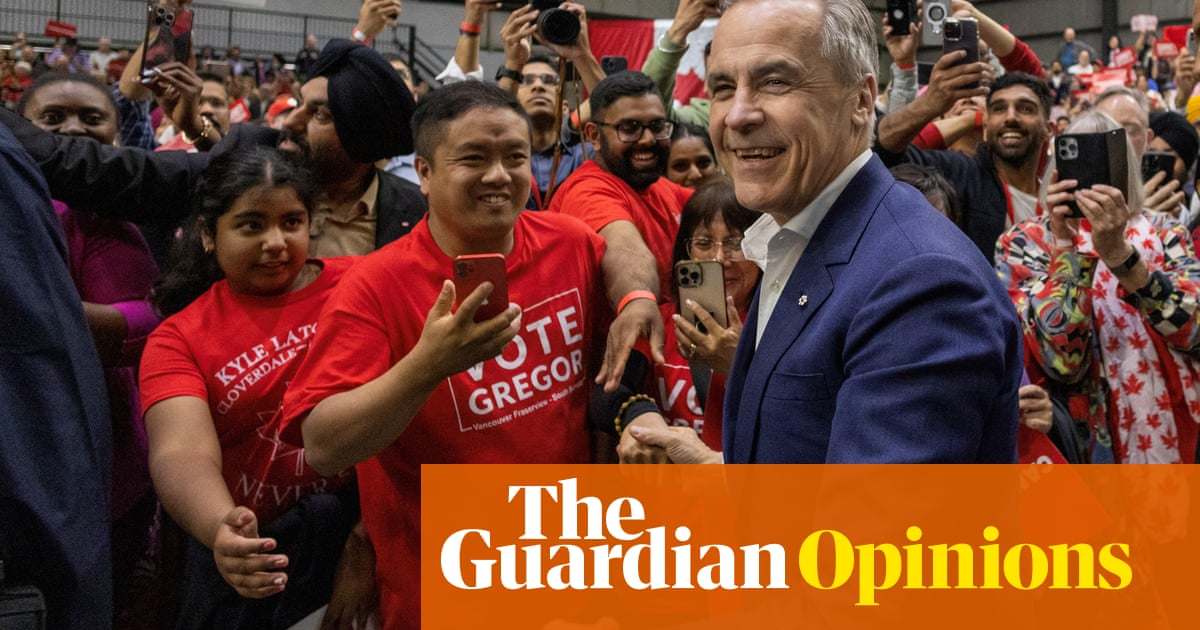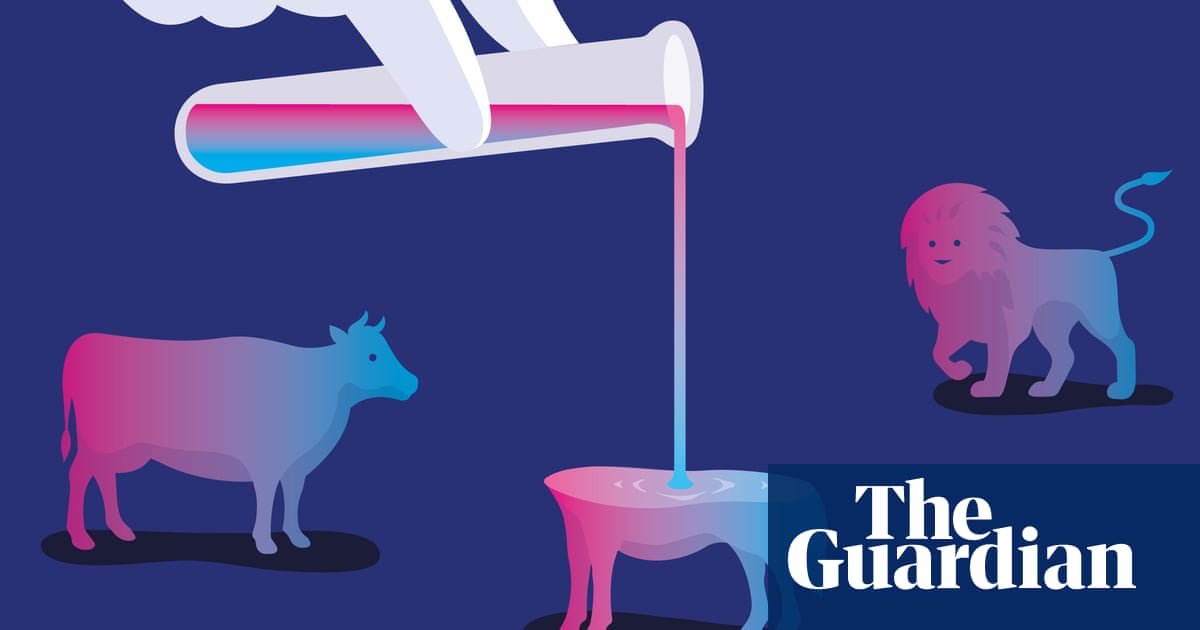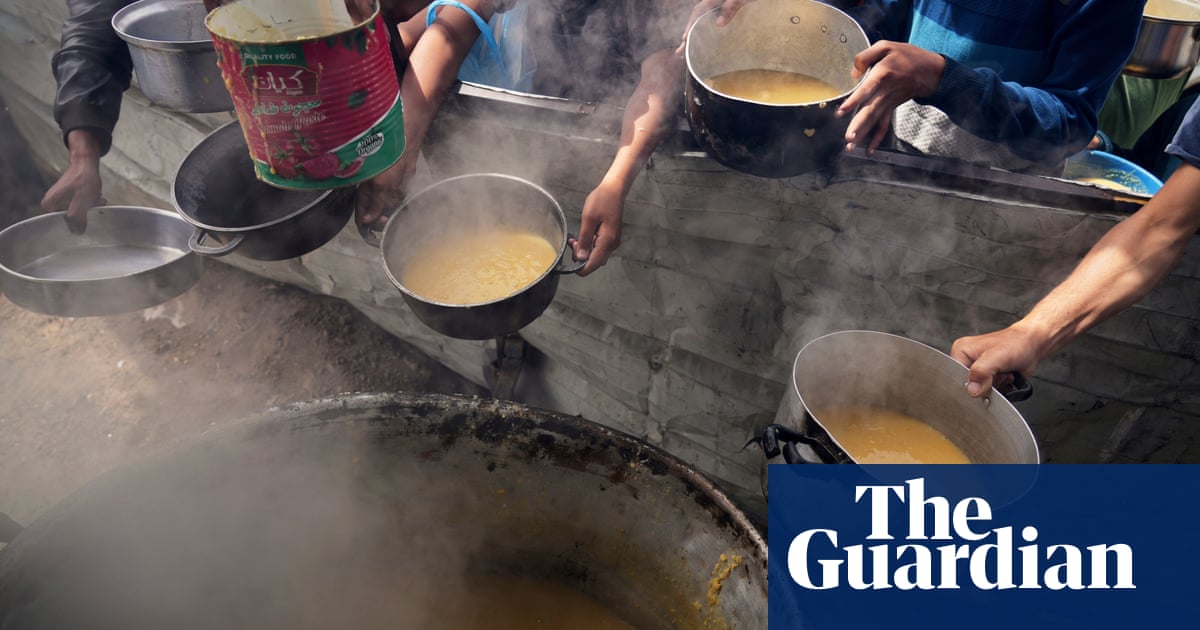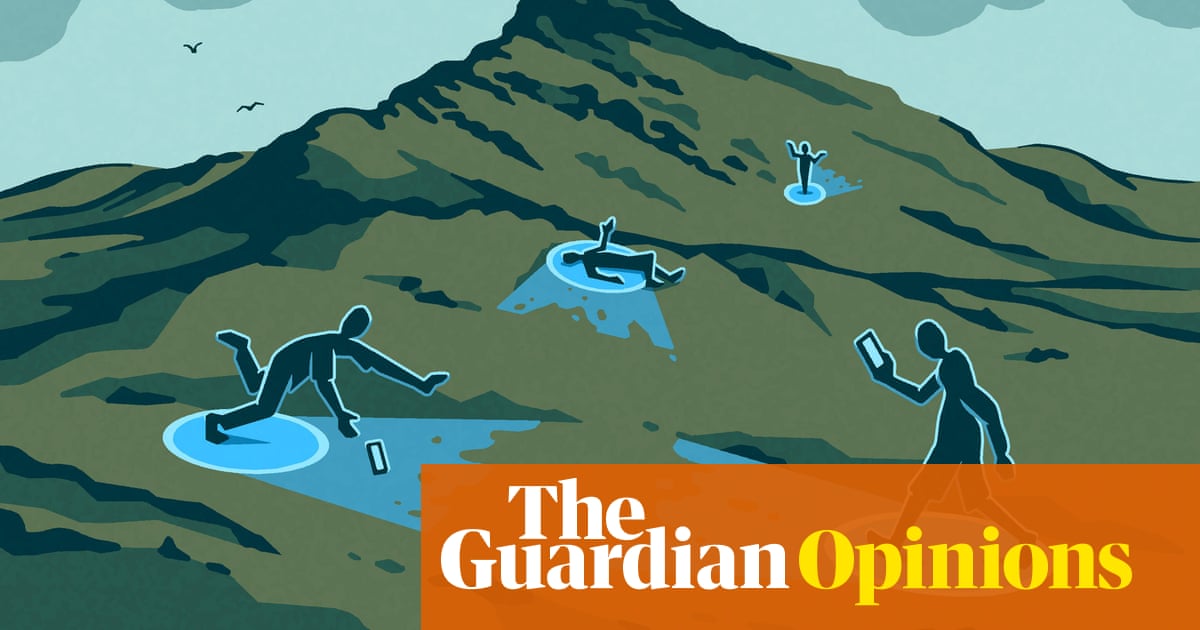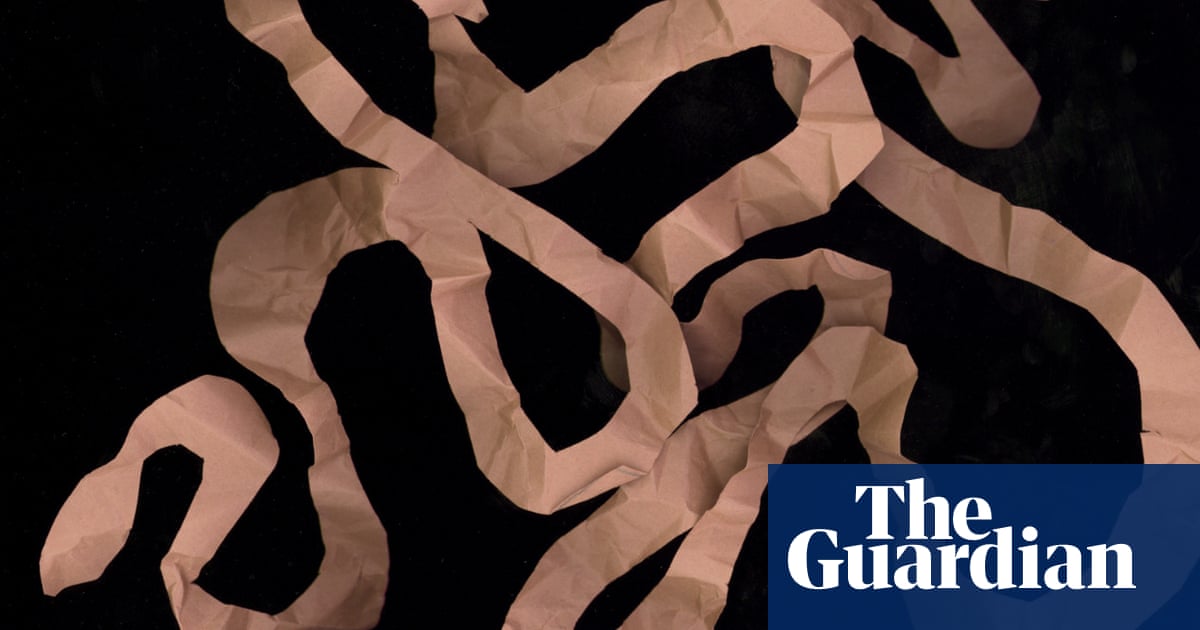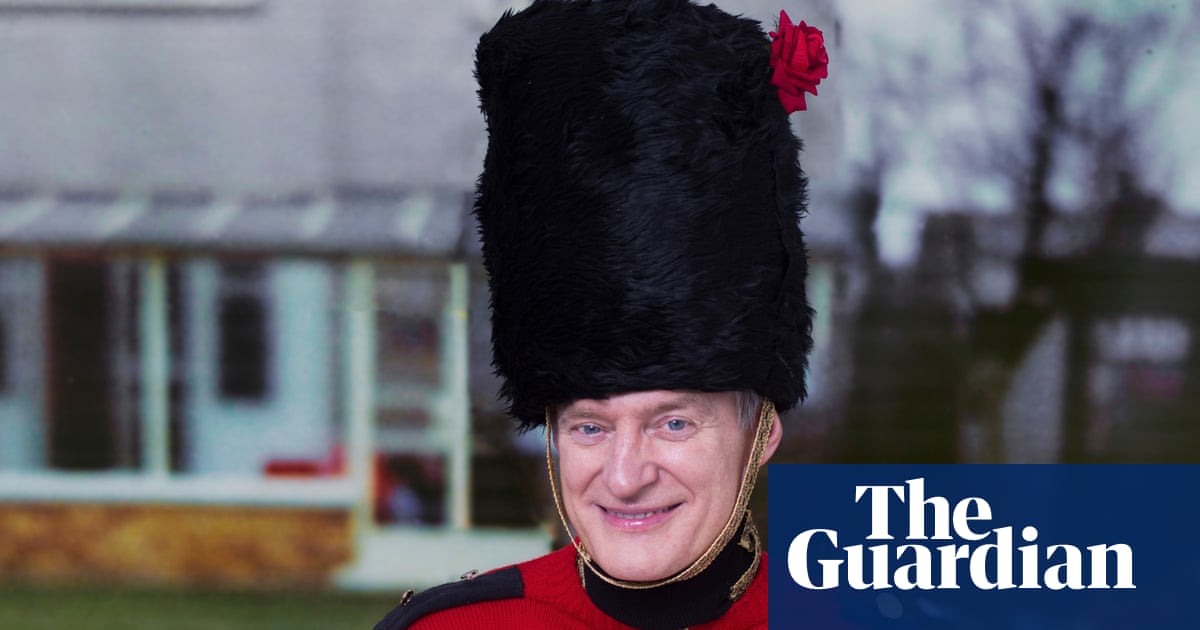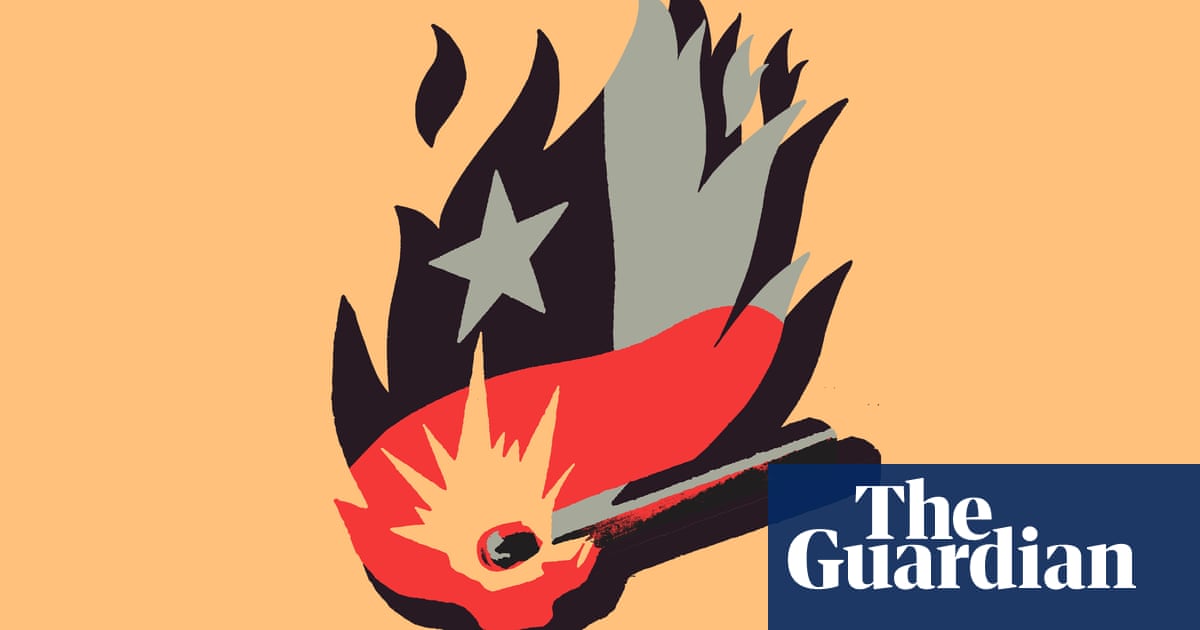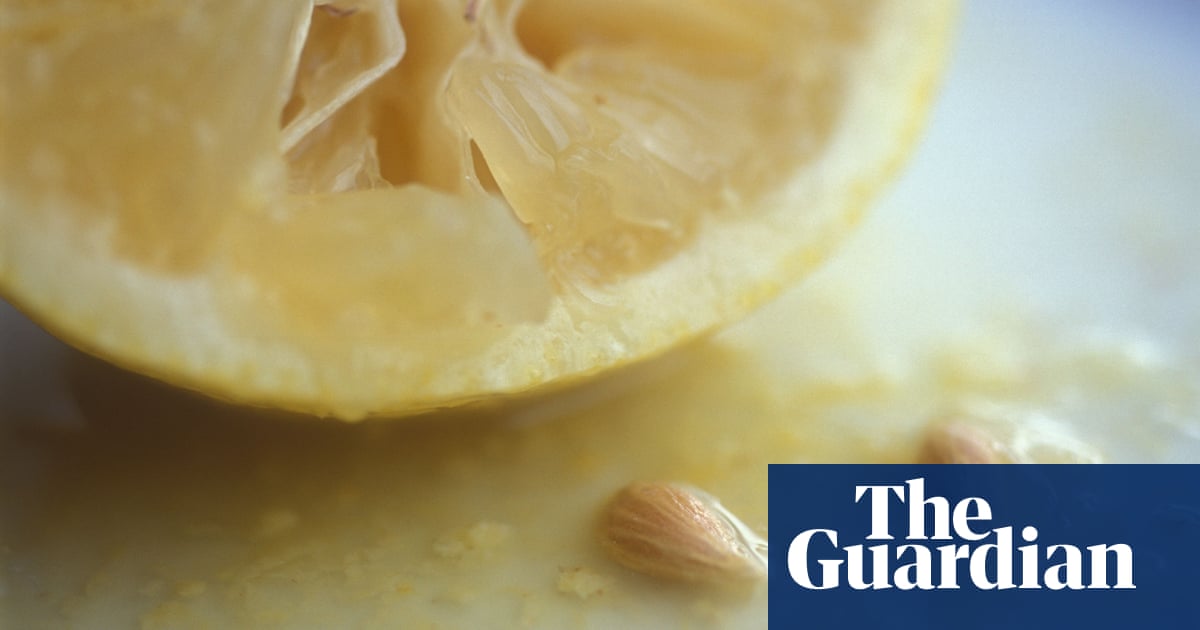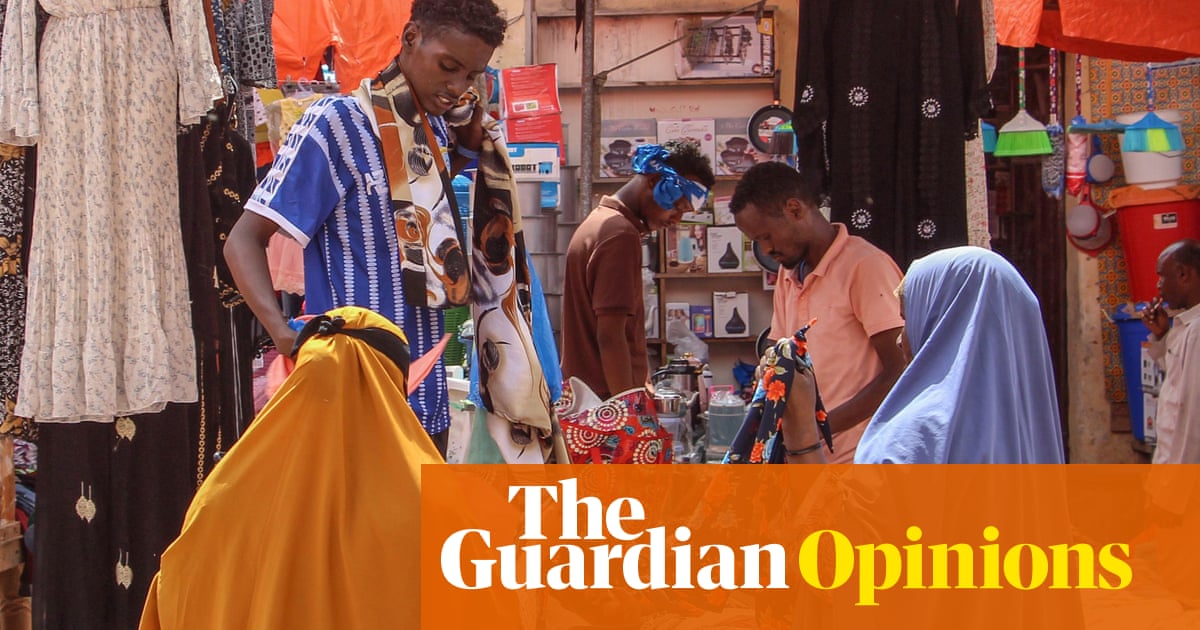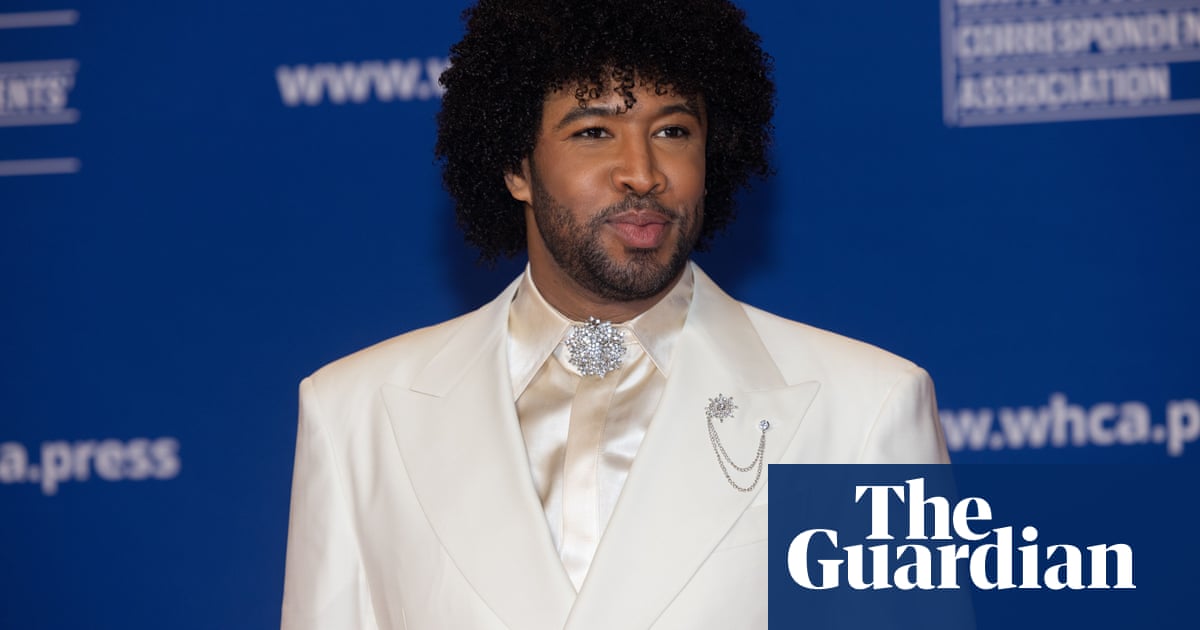Conservative and progressives will intensify efforts to shape the future of the Roman Catholic church in the coming days as 135 cardinals prepare to be sequestered in the Sistine Chapel in order to choose a successor to Pope Francis.
The group of cardinals who will vote for the next leader of about 1.4 billion Catholics worldwide are less predictable than ever before, with the vast majority having no experience of a papal conclave. A much wider geographic spread of cardinals adds to the uncertainty.
Eight in 10 of those eligible to vote in the conclave were appointed by Pope Francis in the past 12 years. Twenty became cardinals only in December last year. Many had never met each other before heading to Rome over the past week after the pope’s death last Monday.
The papal conclave is expected to begin formal deliberations next week. But discreet ad hoc discussions and lobbying in the Vatican’s corridors, dining rooms and magnificent gardens have gathered pace over recent days.
“In fact, conversations have probably been going on for some time, certainly since the start of this year, because the trajectory of Pope Francis’s health has been clear,” said Miles Pattenden, a historian of the Catholic church at Oxford University.
More than 20 cardinals have been identified as papabile – candidates for the papacy – by Vatican observers. However, few frontrunners at the start of the process make it through successive rounds of voting. In 2013, Jorge Mario Bergoglio was not considered a papabile, but by the end of the conclave he was Pope Francis.
Some cardinals who are not thought to be in the running for the job are likely to be pushing their favoured candidates, especially among less experienced colleagues.
Among those likely to be lobbying for a conservative successor to Francis are Raymond Burke, a Donald Trump-supporting US bishop, and Gerhard Müller, a German who warned last week that the church could split if an orthodox pope is not elected.
The progressive camp includes Jean-Claude Hollerich from Luxembourg, Timothy Radcliffe from the UK and Michael Czerny from Canada.
Critics accused Francis of packing the college of cardinals with his supporters in making more than 100 appointments during his papacy. But Pattenden said: “Historically, no pope has been able to control the election of his successor.”
There were clear conservatives and progressives among the cardinals, but “it’s a spectrum”, he added. “There are some who hold conservative views on certain issues but liberal views on other issues – for example, sexuality and climate change.
“Francis was more inclined to promote his ideological confreres, but he didn’t exclusively appoint those who appeared to agree with him. He had other priorities – to make the college of cardinals as inclusive as possible, which meant choosing men from very small Catholic communities like Iran and Algeria and Mongolia and balancing it away from its rich European and North American heartlands.”
In 2013, more than half of cardinal electors were European. Now, the proportion has dropped to 39%, while 18% come from Asia, 18% from Latin America and the Caribbean, and 12% from sub-Saharan Africa.
Francis also sought to lower the age profile of the college of cardinals. Seven of those appointed last December were under the age of 60, with one – Mykola Bychok, a Ukrainian-born bishop in Melbourne – only 44. Cardinals were appointed from Peru, Ecuador, Algeria and Iran in an attempt to tilt the balance away from Europe.
The first vote will be taken soon after the conclave convenes, and then each morning and afternoon until a candidate secures a two-thirds majority.
The cardinals will be “under quite a lot of pressure to choose quite quickly,” Pattenden said. “The world’s eyes are on them, and the Catholic faithful might find it a bit disconcerting if they’re still in the conclave in June or in July.”
In the past century, most conclaves have lasted two to three days. The longest conclave, in the 13th century, lasted two years and nine months, and the shortest was in 1503 when a result came within hours.
The bookmakers’ favourites to succeed Francis are Pietro Parolin, the Vatican’s chief diplomat, and Luis Antonio Tagle, a Filipino cardinal.
Speculation on the outcome of the conclave has already become one of the most popular betting markets this year. Leighton Vaughan Williams, a professor of economics and finance at Nottingham Business School, told AFP: “What was once a pursuit confined largely to Renaissance Roman bankers and courtiers has evolved into a multimillion-dollar global market accessible at the click of a button or a tap on a crypto wallet.”
He said the speed with which betting activity had taken off this year “underscores an enduring cultural fascination with the papacy, amplified by media coverage and popular culture”.

.png) 10 hours ago
7
10 hours ago
7
